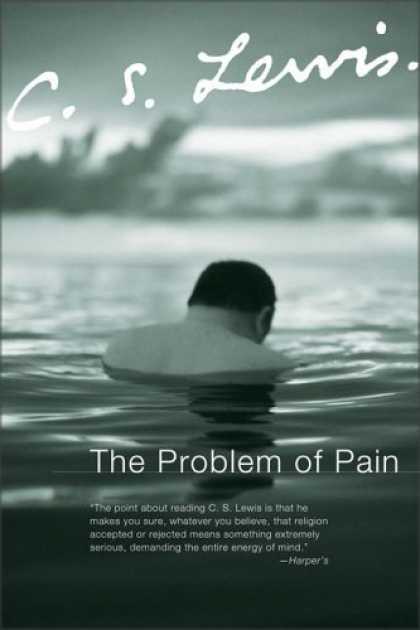I have been thinking alot about my journey of life the past couple of weeks.
Life for me, is categorised into the different feelings that I experienced through this journey thus far. The joyful moments, the triumphant moments and the poignant moments. There are probably many other feelings in between, but it is kind of hard to express all of it in words.
I have recorded so much of the joyful and triumphant moments.in this blog, alot of it revolving around my role as a mother, but how about the poignant moments? I used to not want to talk about it at all in my blog, as I felt that all I want to remember the happy and memorable memories, and not the poignant ones. It is so typical of me to go through life in the hectic-ness of, to brush away poignant feelings, thinking that it is not worth remembering…and to say to myself "move along, nothing to look at."
The poignant state that I am in at this point in my life seems to be hovering in a state of suspension.
Is pain really a necessity in our lives? Unfortunately it is. Why? Only with pain can we realise how wretched we are, and how we can't go through life alone. I can't put it as aptly as C.S Lewis on why pain is necessary in our lives.
From The Problem of Pain, by C.S. Lewis :
"If the first and lowest operation of pain shatters the illusion that all is well, the second shatters the illusion that what we have, whether good or bad in itself, is our own and enough for us. Everyone has noticed how hard it is to turn our thoughts to God when everything is going well with us. We 'have all we want' is a terrible saying when 'all' does not include God. We find God an interruption. As St Augustine says somewhere, 'God wants to give us something, but cannot, because our hands are full – there's nowhere for Him to put it.' Or as a friend of mine said, 'We regard God as an airman regards his parachute; it's there for emergencies but he hopes he'll never have to use it.' Now God, who has made us, knows what we are and that our happiness lies in Him. Yet we will not seek it in Him as long as He leaves us any other resort where it can even plausibly be looked for. While what we call 'our own life' remains agreeable we will not surrender it to Him. What then can God do in our interests but make 'our own life' less agreeable to us, and take away the plausible source of false happiness? It is just here, where God's providence seems at first to be most cruel, that the Divine humility, the stooping down from the Highest, most deserves praise. We are perplexed to see misfortune falling upon decent, inoffensive, worthy people – on capable, hard-working mothers of families or diligent, thrifty little tradespeople, on those who have worked so hard, and so honestly, for their modest stock of happiness and now seem to be entering on the enjoyment of it with the fullest right."
"Let me implore the reader to try to believe, if only for the moment, that God, who made these deserving people, may really be right when He thinks that their modest prosperity and the happiness of their children are not enough to make them blessed: that all this must fall from them in the end, and that if they have not learned to know Him they will be wretched. And therefore He troubles them, warning them in advance of an insufficiency that one day they will have to discover. The life to themselves and their families stands between them and the recognition of their need; He makes that life less sweet to them. I call this a Divine humility because it is a poor thing to strike our colours to God when the ship is going down under us; a poor thing to come to Him as a last resort, to offer up 'our own' when it is no longer worth keeping. If God were proud He would hardly have us on such terms: but He is not proud, He stoops to conquer, He will have us even though we have shown that we prefer everything else to Him, and come to Him because there is 'nothing better' now to be had. The same humility is shown by all those Divine appeals to our fears which trouble high-minded readers of Scripture. It is hardly complimentary to God that we should choose Him as an alternative to Hell: yet even this He accepts. The creature's illusion of self-sufficiency must, for the creature's sake, be shattered; and by trouble or fear of trouble on earth, by crude fear of the eternal flames, God shatters it 'unmindful of His glory's diminution'."




















